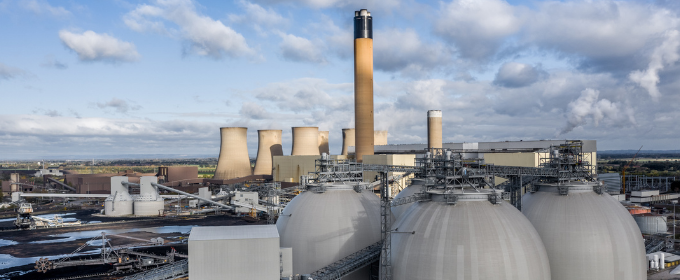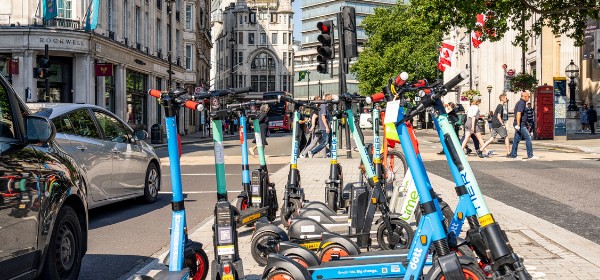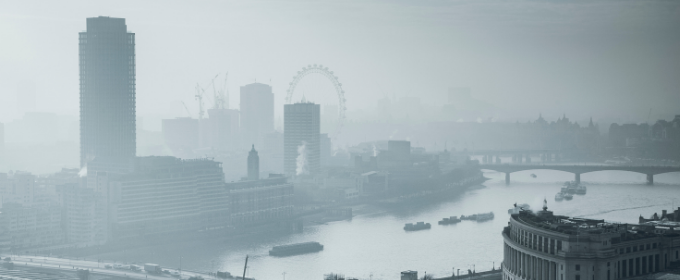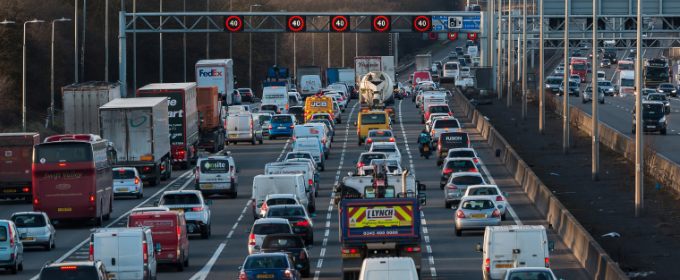Despite the health, social and environmental benefits of high-quality housing developments, delivering healthy and sustainable homes and neighbourhoods remains a challenging task. In this blog, Caglar Koksal outlines how housing developers and local authorities can work together to create healthy, high-quality homes while also addressing long-standing health and housing inequalities. High-quality developments deliver positive public […]









